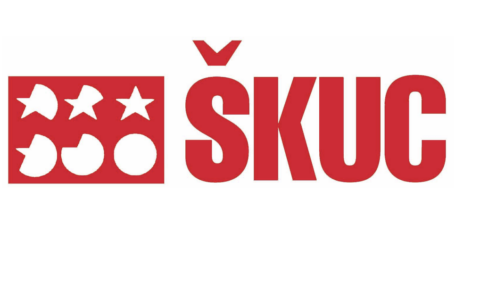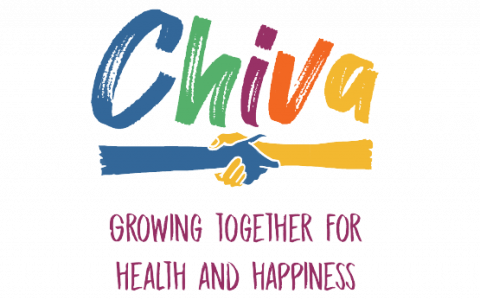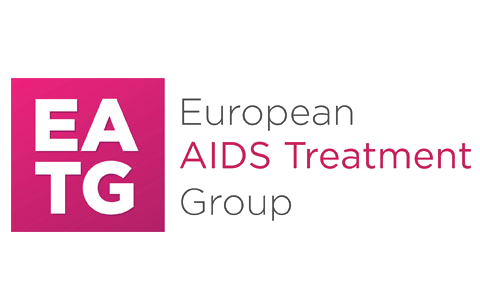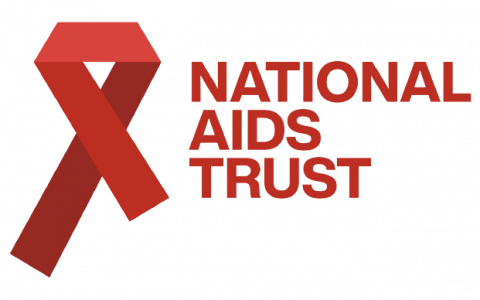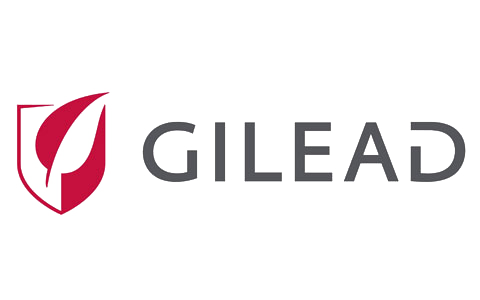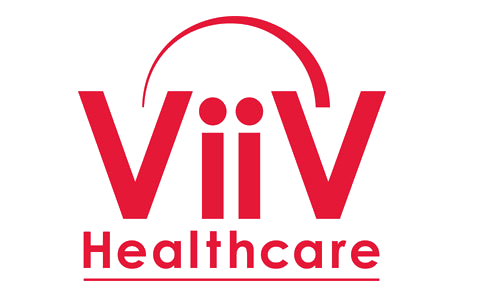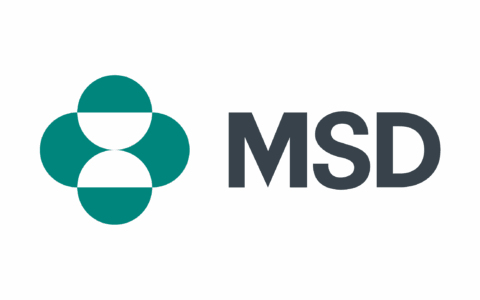
Case Study
Germany – ‘Buddy Projekt Sprungbrett’
-
Context
Nowadays, an HIV infection is no longer a life-threatening condition, thanks to antiretroviral therapies. However, a positive test result is still seen by most as a pivotal point in life and one that is difficult to manage. This shock is often triggered by the original images of people suffering from AIDS, which live long in people’s memories. This is particularly the case with young people, who rarely know anyone with HIV and often have no realistic idea of how life with HIV looks like now.
This is why, in 2015, ‘Deutsche AIDS-Hilfe’ started the Buddy-Project ‘Sprungbrett’.
The Project was created by members of the German HIV community as a peer project.
-
Introduction
As part of the Project, people who have recently been tested positive can request a HIV-positive ‘buddy’ as a companion during the initial steps following diagnosis. This bridges the gap between an HIV test and professional counselling services, for example from an HIV/AIDS service organisation (Aidshilfe). Buddies do not provide classic professional advice, but rather share their life experiences with others. Similarly, Buddies do not provide legal, medical or psychological advice. All Buddies in this project are bound to secrecy, but do not have a special right to refuse to give evidence. In addition, despite complying with all data protection regulations, when contacting Buddies via email, we cannot guarantee absolute confidentiality due to potential technical factors.
-
Aims
With these specially-trained Buddies, you can discuss all the questions that arise following an HIV diagnosis, such as:
- Who can I tell about my infection?
- I know who infected me – what should I do with my anger?
- How do I deal with HIV and sex?
- Where can I find doctors specialised in HIV?
- What local and nationwide self-help support is available?
- Where can I go for advice and professional support?
-
Method
The buddies undergo a 30-hour training programme. Even during these workshops, they have to face their own internalised stigma (as far as they are concerned) and obtain the basic knowledge on how to empower people to take care of their own affairs. A selection process ensures that only buddies that have fully completed the process of confronting their own HIV infection are included in the Project.
-
Results
Evaluation has shown very high satisfaction of the Project among users. However, the Project did not achieve as many participants as hoped. One lesson we learned was that the Project was better accepted where the buddies relied on their own local networks than where the project management in the umbrella organisation did this work.
An interesting effect also arose; those people that participated in the Project became committed multipliers and lobbyists against HIV-stigmatisation.
-
Recommendations
Working with peers can be a key resource in fighting stigma. Peer contacts act as a bridge to test, treatment and healthcare.
The Project itself has developed a lot of resources that could assist other organisations to build their own peer-project. ‘Deutsche AIDS-Hilfe’ – and some of the more-involved volunteers – are willing to share this knowledge. They can also cooperate using the existing webpage to escalate the project in other European countries.
More information is available at https://buddy.hiv/en

